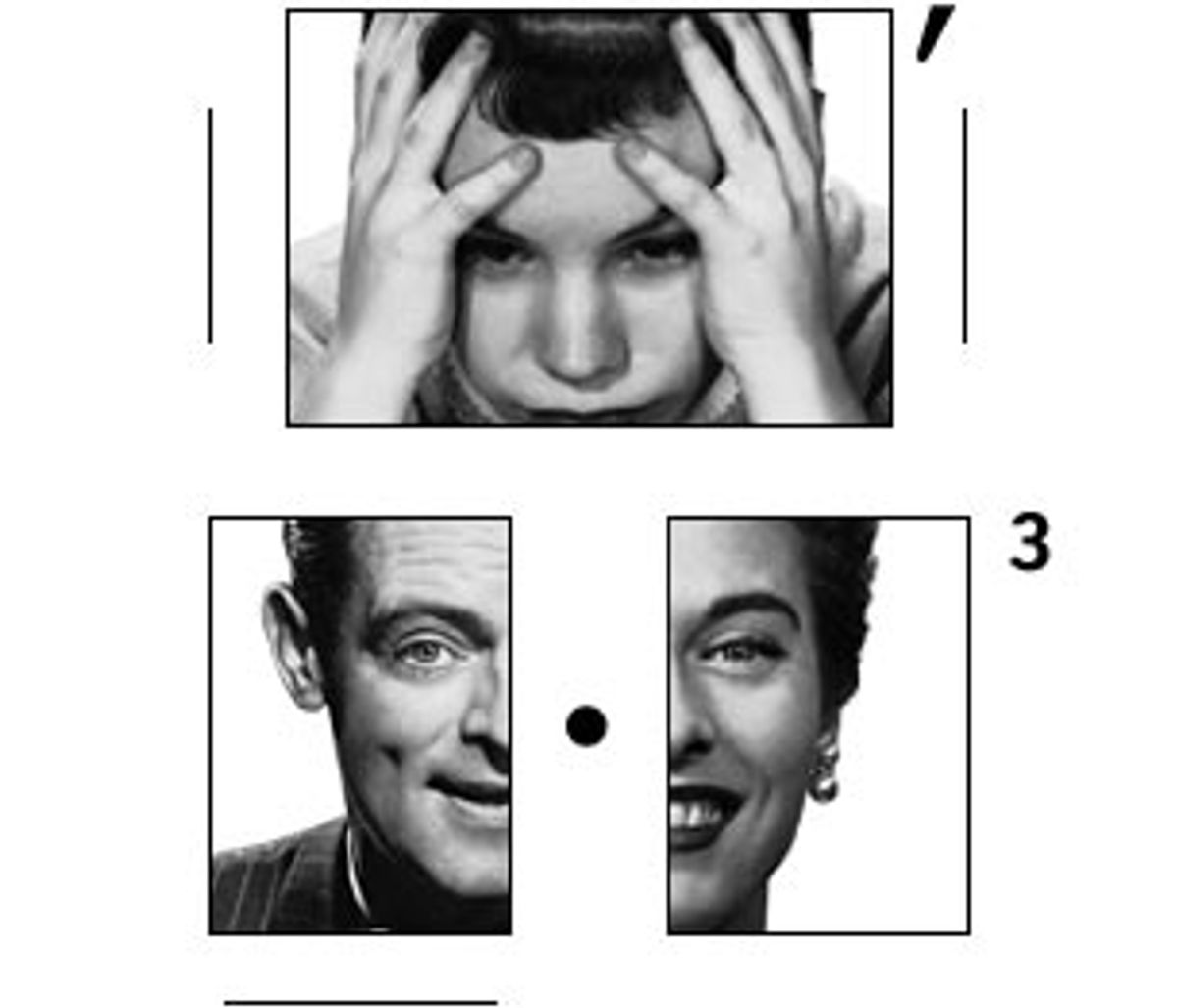"Please advise which parent has the court-established financial responsibility for the health care expenses of this child."
I recently received this notice from my insurance company. My partner and I are married; the court isn't involved in establishing anything about how we share the responsibilities of caring for our child. We received this notice because our son does not share a last name with either one of us.
My last name is Fisch. My husband's last name is Flynn. When our son was born, we gave him the last name Flysch. It's not a spelling error, as the woman who fills out the birth certificates at the hospital assumed it was. It's a combination name.
Our reasons for choosing a combination name are fairly simple.
I was unwilling to give up my last name when my partner and I got married. Fisch is who I am. It's the name I work under, publish under and respond to. I suffered through years of being called "fish-sticks" and "fish-face," and I've become used to constantly correcting the misspellings of my name.
I have to admit that the name "Flynn" was tempting. It's such an easy name: Easy to spell, easy to pronounce. My husband's childhood nickname was "Errol." Innocuous.
Even so, I wasn't willing to surrender that part of my identity.
But I didn't want my husband to change his name, either. If it wasn't right for me, why would it be right for him?
There was another reason Flynn would never work for me or my child. Names indicate something about where we come from -- our heritage, our ethnicity. Flynn says Irish Catholic; I am, as the name Fisch suggests, Jewish. Since we had decided to raise Max as a Jew, the Irish Catholic name Flynn just didn't seem right.
People sometimes ask us why we didn't just hyphenate Max's name. The answer is simple: We couldn't see anyone going through life as a "Fisch-Flynn" or a "Flynn-Fisch." Some names just don't fit together. Plus there is the as-yet-unresolved problem as to what happens when two children whose names are already hyphenated marry and reproduce. The four-part last name?
So we combined our last names into Flysch. Our son, Max, is a combination of the two of us; it made sense that his name should reflect this fact.
Everyone in our lives has had their own way of coping with the new name. My parents accepted it as just one more weird quirk -- on par with the fact that we sleep on a futon. My husband's mother said, "Oh yes, combination names. That's a Generation X thing to do. I hear about it all the time." Max's great-grandparents can't quite figure out the spelling, so his first birthday cards were addressed rather oddly. And recently a cousin asked us if we had decided on a last name yet. But everyone has the odd rude relative.
Overall, my husband and I have been very happy with Max's last name. Indeed, I would recommend the combination name highly to other couples -- married or unmarried, gay or straight -- who are considering the prospect of parenthood. Our son's name turned out to be a relatively easy place to begin to modify the historic gender inequalities of child-rearing. Sure, it's only a name, but it's a start -- a moveable tip on a much less malleable iceberg of tradition.
Incidentally, Max will never be alone in his last name, even if we decide not to have any more children. Flysch is our dog's last name too.



Shares